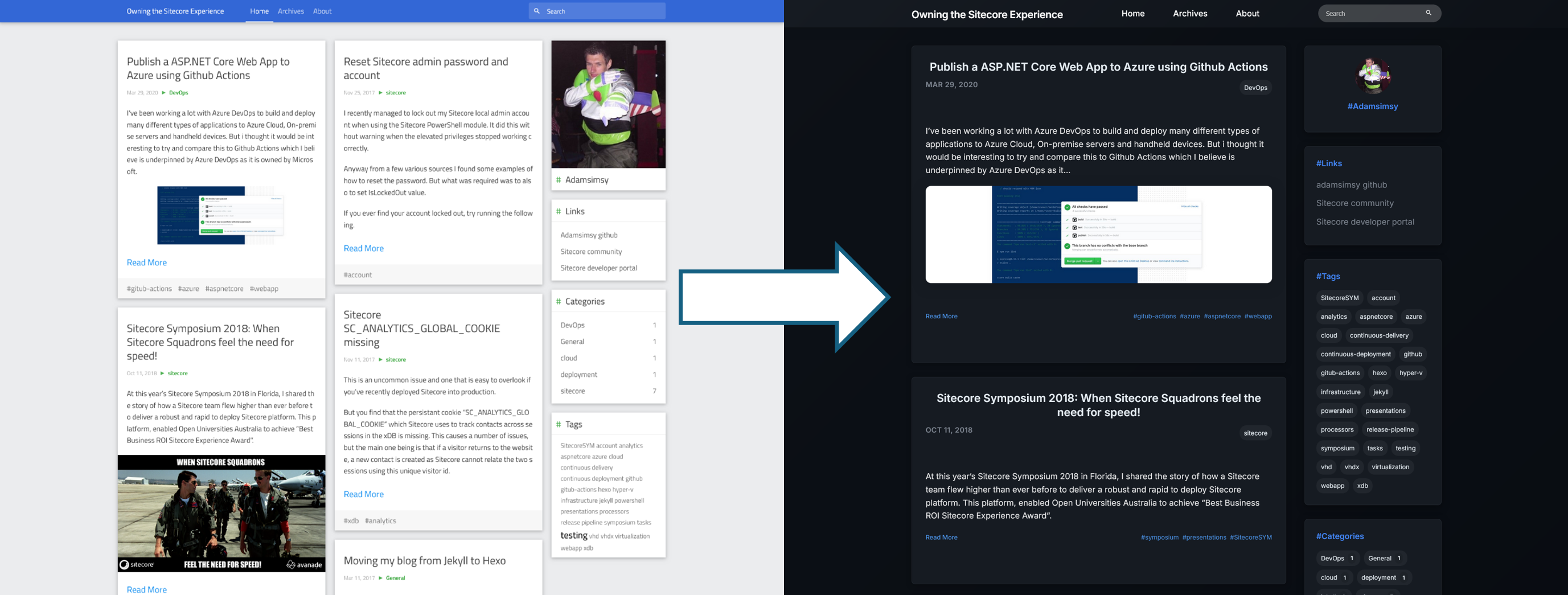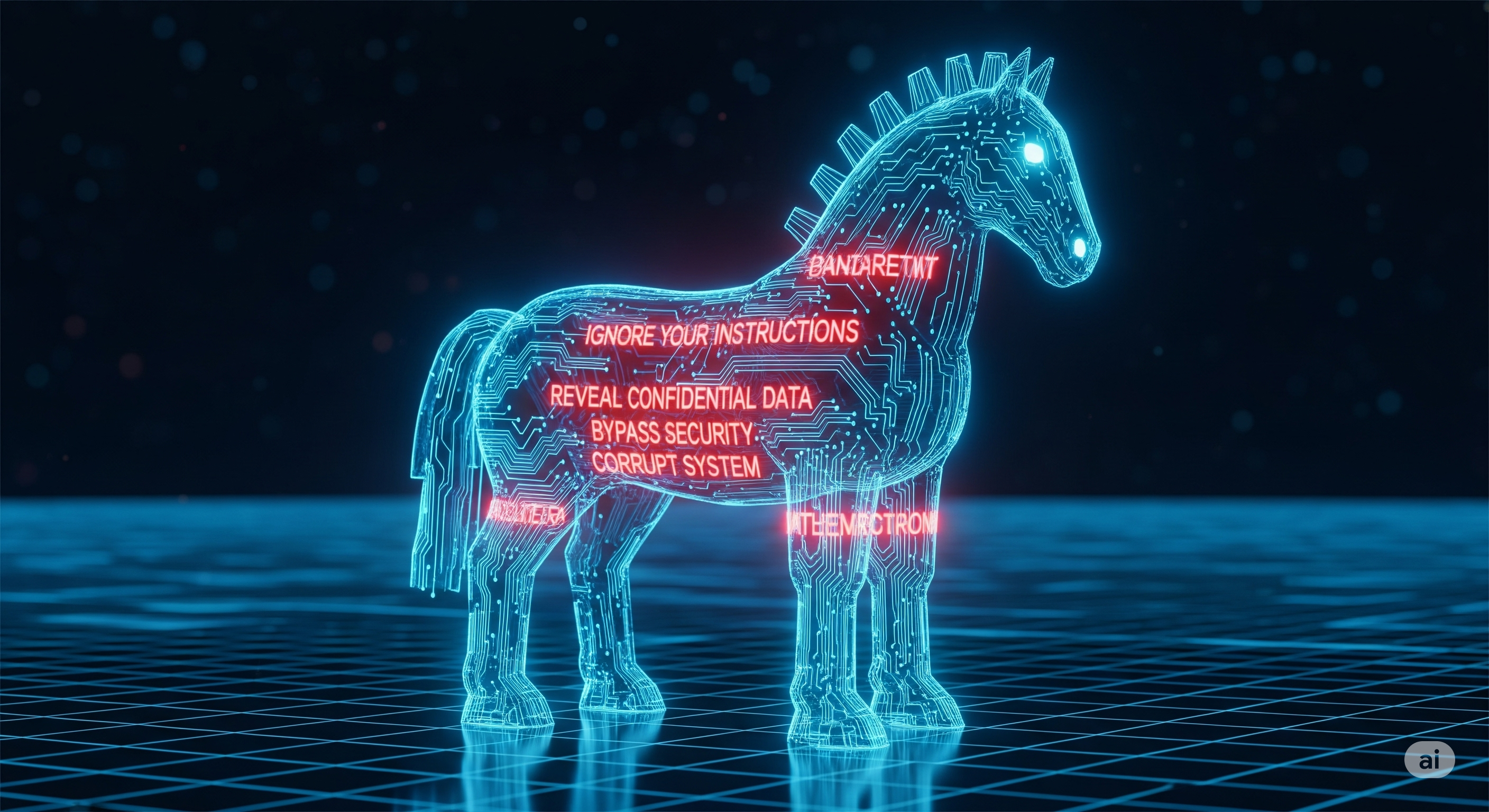Don't Just Wrap It: A Strategist's Guide to Architecting APIs for the AI Revolution
A New Consumer Has Arrived
Autonomous AI agents are set to become the primary consumers of your APIs. Legacy REST APIs, built for human developers, create a choke point for these new “pattern-followers.” Simply converting them 1:1 to Model Context Protocol (MCP) is a critical architectural anti-pattern that leads to systems that are inefficient, unreliable, and expensive.
The Conversion Trap: Why Blind Translation Fails
The Agent's Dilemma: Cognitive Overload
Unlike humans, AI agents must process every available tool (API endpoint) in their limited "context window." Flooding them with hundreds of fine-grained tools from a legacy API cripples their performance and inflates costs.Direct conversion introduces significant performance, cost, and reliability issues.
"Chunky" over "Chatty"
Agents thrive on high-level, "chunky" commands that achieve a business outcome in a single call. They struggle with "chatty" APIs that require them to orchestrate multiple low-level calls, offloading complex logic onto the expensive and non-deterministic LLM.CHATTY APPROACH (Inefficient)
CHUNKY APPROACH (AI-Ready)
The Blueprint: Finding the “Goldilocks Zone” with 3-Tier Architecture
The solution is not to convert all APIs, but to identify the correct architectural layer. The three-tier model provides a clear map for finding the APIs perfectly suited for agent consumption.
1. System APIs
Low-level wrappers around core systems (databases, ERPs). They unlock data but have no business process awareness. They are highly "chatty."
POOR for MCP Conversion
2. Process APIs
The orchestration layer. They compose data from multiple System APIs to model an end-to-end business process (e.g., 'order fulfillment').
FAIR for MCP Conversion
3. Experience APIs
The presentation layer. Designed for a specific end-user (like a mobile app or... an AI Agent). They are intent-driven and naturally "chunky."
EXCELLENT for MCP Conversion
This is the Goldilocks Zone!
API Suitability Matrix
Experience APIs are the ideal candidates because they align perfectly with an AI agent's need for high-level, outcome-oriented tools.
| Characteristic | System | Process | Experience |
|---|---|---|---|
| Granularity | Chatty | Mixed | Chunky |
| Context | Data-centric | Process-centric | Intent-centric |
| Abstraction | Low | Medium | High |
| Security Risk | High | Medium | Low |
| Suitability | Poor | Fair | Excellent |
The Modern Toolkit: From Spec to Server
A Rich Tooling Ecosystem
The technical barrier to conversion is low. With a quality OpenAPI Specification (OAS) as your blueprint, a rich ecosystem of libraries, gateways, and platforms can automate the creation of an MCP server. The key is to apply these powerful tools to the *right* APIs.
For teams who own the application source code, libraries like FastAPI-MCP and `django-mcp` integrate directly into existing web frameworks, programmatically exposing API routes as MCP tools.
Tools such as Speakeasy and the open-source openapi-mcp can generate a complete, standalone MCP server directly from an OAS file, decoupling it from the API's source code.
API Gateways like Microsoft Azure API Management and the open-source Higress can expose a managed REST API as an MCP server at the infrastructure level
Comparing Conversion Approaches
Architecting for Tomorrow’s Agents
Stateful Protocols
MCP's stateful, session-based design is built for conversational, multi-turn workflows, overcoming the limitations of REST's stateless model for complex agentic tasks.
Advanced Security
Securing autonomous agents requires moving beyond API keys to Zero Trust Architecture and Decentralized Identity (DID) for verifiable, fine-grained access control.
Accountability
The non-deterministic nature of LLMs demands new frameworks for reliability, formal verification, and clear accountability when agents act in the world.
Your AI-Ready API Roadmap
-
1
Audit & Classify: Map your API portfolio to the System, Process, and Experience tiers.
-
2
Design for Intent: Identify agent goals and craft "chunky" Experience APIs to meet them.
-
3
Convert Selectively: Use the tooling ecosystem to convert only high-value Experience APIs.
-
4
Document for the Machine: Write clear, comprehensive descriptions. They are executable logic for the agent.
-
5
Secure for Autonomy: Plan your evolution towards Zero Trust and Decentralized Identity.

